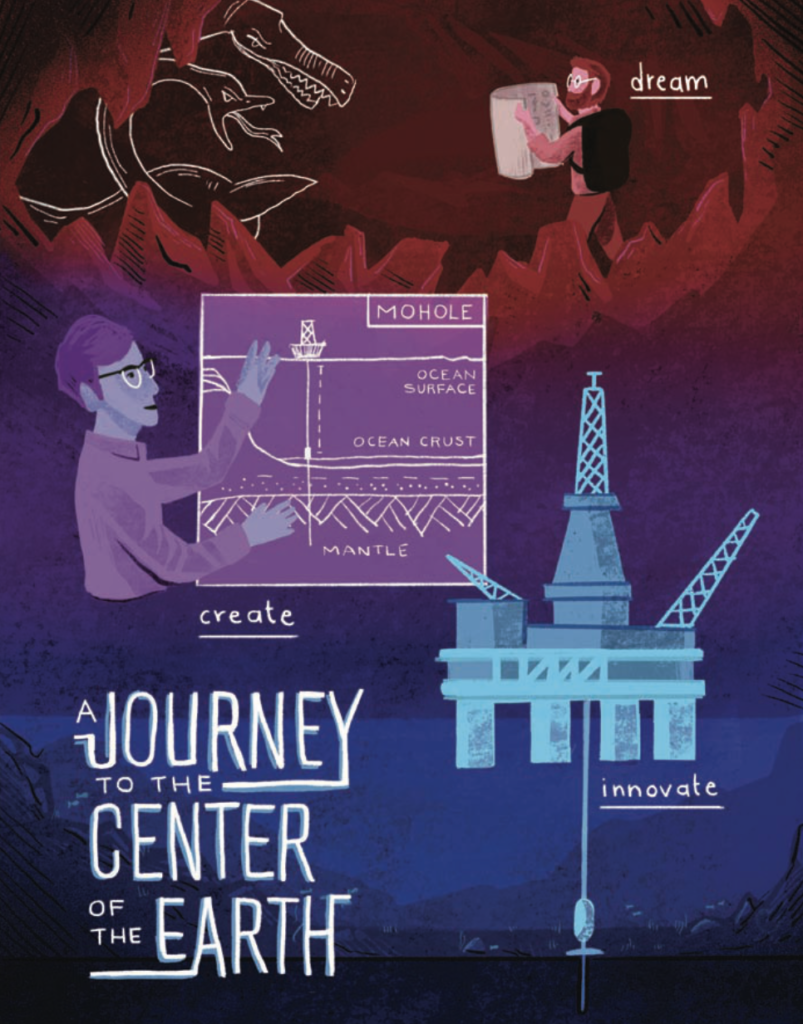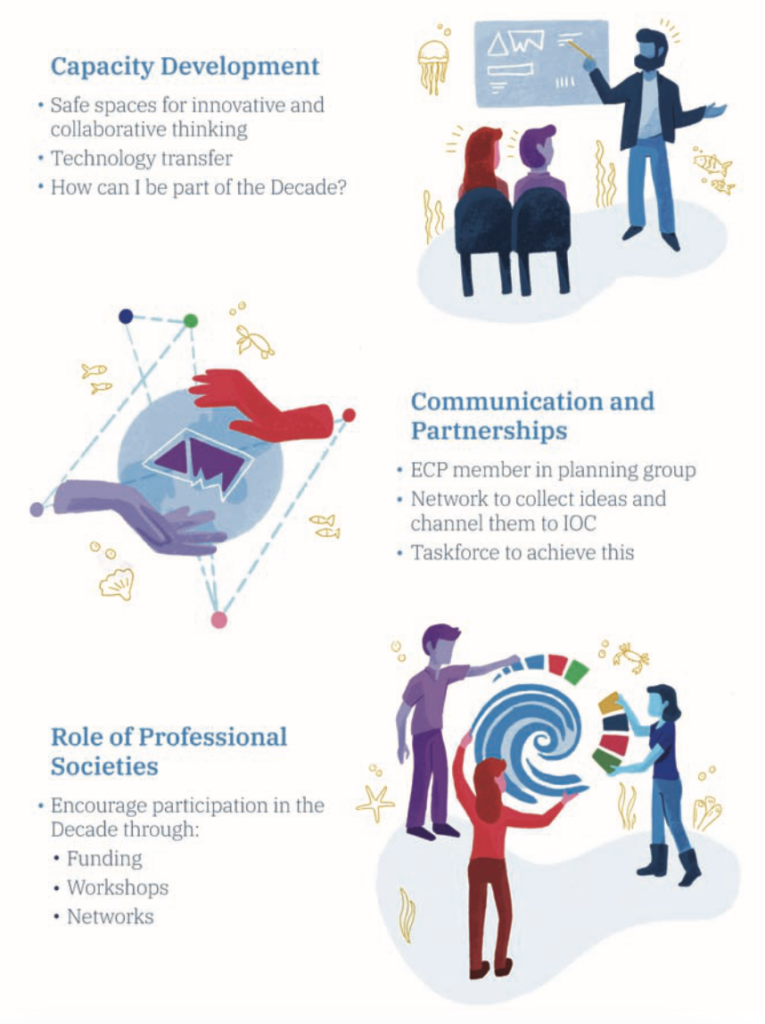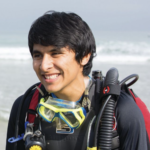Walter Munk “Failures” as a Young Scholar… (or were they?)
Walter Munk, one of history’s greatest oceanographers, frequently mentioned his fear that young researchers are no longer pursuing high-risk, high-reward projects. Driven by competition for limited funding, strict career expectations, and apparent lack of encouragement, daring research projects led by younger researchers seemed to him to be on the fringe of extinction. But why was Walter particularly interested in these types of projects? What can we learn from his professional career that might inspire our generation to pursue such risky ideas?
As a young researcher, Walter ventured into projects that seemed impossible. For example, working with his mentor and Ph.D. supervisor Harold Sverdrup, they developed the first mathematical method for predicting surf conditions. During World War II, their method was used to help time the Allies’ assault on the beaches of Normandy, a major turning point of the war. What books normally do not mention about this fateful “D-Day” is that the surf predictions produced by their model for the day that the Allied forces chose to invade, June 5, 1944, were far from ideal. Based on the modeled prediction, the assault should have been postponed for at least 2 days. However, military leaders feared a 2-day delay might result in loss of the element of surprise and chose instead to delay by only 1 day. Surf conditions were less than ideal on June 6, but because of those rough ocean conditions, German forces did not expect an attack. This successful operation hastened the end of the war, and this seminal wave prediction model was also considered an academic success. Today, the fundamental logic behind this technique still constitutes the basis for modern wave prediction systems.
Another daring example from Walter’s career was an undertaking he proposed in 1957 that would become known as the MOHOLE Project. The aim was to drill a hole through the Earth’s crust to the boundary of its mantle, called the Mohorovičić discontinuity or “Moho.” Given that the Earth’s crust is thinner beneath the ocean floor (5–10 km) than on land (30–50 km), Walter and his colleagues decided to try their drilling there. After 5 years, the endeavor became so expensive and fraught with problems that it gained infamy as the first-ever government-sponsored research project to be canceled by the U.S. House of Representatives (at Walter’s and his col- leagues’ request). However, even though this high-risk project failed to achieve its primary objective, many technological advances resulted from the effort, most notably the development of an ingenious dynamic positioning system that maintained the ship’s position sufficient to make deep-ocean drilling a viable means of obtaining geological samples. Eventually, these advances would serve as the foundation for much of the deep-sea drilling we know today (Figure 1). So, what can we learn from Walter’s life? That daring ideas of young and imaginative researchers can lead to transformative innovation and long-lasting impacts, even when they appear to “fail.”
Barriers for Young Scholars to Pursue Daring Research Projects
Today, pressing incentive structures are quashing daring projects led by young minds. As budding researchers, we are quickly embedded into current practices about how to do research and find a job. With increasing competition for limited jobs and funding, we are advised to take on “safe” projects that will yield publications and timely outcomes. One might argue that there is simply no room for risky experimentation in the early stages of our careers. Those who do take on such projects may be left behind in quantitative performance metrics, as their contemporaries start publishing results from the midstages of their programs. In addition to the race to publish, it is now common practice for senior scientists to receive funding for projects with predefined outcomes, often launching calls for graduate students to complete predetermined tasks. This model not only prevents students from taking on risky projects but also tends to strip them of the opportunity to frame their own research questions and research agenda. In my case, for example, the first chapter of my Ph.D. thesis was the result of a collaboration that my advisor had already established before I enrolled into graduate school. Even though the focus of the scientific publication evolved a lot after I took the lead, the funding sources and prior collaborations had already defined many of the objectives.

What has made a difference in my (short, so far) career has been funding and my peers: funding for uncertain projects and strong peer support to test the edge of science. I have been lucky to participate in programs that provide both of these, including the National Socio-Environmental Synthesis Center (SESYNC) graduate pursuits (Wallen et al., 2019) and EcoDAS XIII. In our SESYNC project, for example, along with six fellow graduate students from disciplines across anthropology, ecology, economics, and fisheries sciences, we led a research proposal matching our expertise to pursue a question that none of us could address by ourselves. Could strong social structures dampen the effects that international markets have on local fishing resources? After 2 years of experimentation, building trust and developing a common collaborative language, we developed the methods and theoretical framework necessary to demonstrate that functional communities are the first stepping stone toward sustainable global markets. These types of opportunities, where early career researchers can design collaborative research projects, are extremely important. They reduce individual risks, as none of the participants’ individual academic success is directly dependent upon the results, although each of their careers can greatly benefit from them. Although such projects typically get funded for their expected scientific outcomes, these are also designed to foster long-lasting collaborations. This latter consideration can also expand what may be defined as “success” when evaluating the results of the research proposals. From personal experience, I can say that such research opportunities spark scientific creativity and experimentation in a safe space. They plant the seeds that will eventually become new research ideas and that are truly borne out of interdisciplinary thinking. Unfortunately, there are not that many programs that follow this model. A couple of the other few similar examples are Reclaiming STEM and NEON-ESA Early Career Scholars. If the scientific community wants to support innovative scholarship, these are models that help young scholars to help themselves.
The Walter Munk Scholar Award
This year, inspired by the many opportunities that Walter enjoyed and cultivated throughout his long career, the Marine Technology Society (MTS), in partnership with the Walter Munk Foundation for the Oceans, created the Walter Munk Scholar Award. This award aims to inspire young researchers to pursue “daring exploration and discovery through ocean science and technology research.” I am incredibly grateful to be the first recipient of this award, which I see as a harbinger of expanding support for the next generation of creative, daring, and inspiring young researchers like Walter Munk—researchers who the world badly needs for addressing global change. Today, for example, we are at the very beginning of the planning phases for a global movement to reverse current declines in ocean health. Led by the Intergovernmental Oceanographic Commission (IOC), the academic community has an opportunity to define its priorities, with funding and peer support, in what is known as the UN Decade of Ocean Science for Sustainable Development (hereafter “the Decade,” 2021–2030).
The Decade
In May 2019, the IOC and the National Museum of Denmark hosted the first Global Planning meeting for the Decade, which brought together many ocean stake- holders from across sectors to discuss the research priorities necessary to achieve sustainable ocean development at the global scale. Apart from the traditional diversity and inclusion challenges that are often faced by these kinds of international events (e.g., ethnic, gender, racial, and geographic representation), there was a strong sense that early career researchers and other professionals like journalists, engineers, and policy makers were not included in the conversation. But how could a movement that is supposed to have long-lasting effects be designed without young minds? In order to ensure the long- term sustainability of our oceans as well as the continuity of the Decade’s goals beyond 2030, early career re- searchers and professionals will need to be the ones leading the charge and performing the tasks during and after the Decade sunsets.
Unfortunately, ideas from early career researchers and professionals are often seen as less legitimate, deferring to seniority as a means to recognize and exclusively aim for feasible out- comes. But what about the perspective that will bring in transformation and spark rapid change? How is it that companies like Google, Facebook, and Twitter can afford to allocate 10% or more of their employees’ time to creative thinking in safe spaces? Is it that these companies are just so productive that they can allow their employees to waste some of their time? I think it is more that they have recognized that free and young creative minds are their best source for innovation. The next “big idea” might come from a young and explosive mind that found itself questioning how to better connect people who do not speak the same language, how to bring Internet services to very remote regions, how to communicate more efficiently their satellite arrays with each other and to land? If the global community is to find truly innovative solutions to our problems related to ocean sustainability during the Decade, there is a very good chance they are going to come from early career researchers and professionals.
Developing a Strategy to Include Early Career Professionals in the Decade

In my view (and that of other young peers who are very actively engaged in the Decade), there are two main components necessary to achieve the integration of early-career professionals in the Decade: (1) capacity development and (2) diverse partnerships (Figure 2). In terms of capacity development, the first step will be to ensure the creation of more spaces and opportunities for creative and collaborative thinking. Younger people need to feel that they are not risking their professional development when investing time in experimentation. Along with the need for ideas, there is also a need for early-career professionals to learn about the objectives of the Decade and how the work that they are already doing could contribute to one of the expected outcomes (e.g., clean ocean, safe ocean, sustainably harvested ocean, transparent ocean, predicted ocean, and a healthy and resilient ocean). Still, even though having ideas and recognizing their importance is a good first step, these ideas need to be funneled and communicated to the IOC and the executive planning group of the Decade in order to be considered as part of the official framework. As such, it will be absolutely necessary to support any activities that try to organize early career professionals in a network that can compile, curate, and establish direct contact with the IOC. The IOC has currently established a task-force team to identify the stepping stones needed to achieve this. I am hopeful that, by early 2020, this mechanism will exist, and early career professionals will be able to participate more actively in the final stretch of the planning process of the Decade.
MTS and the Decade
As a proud lifetime member of MTS, I am aware of the role that professional societies can play in the development of early career professionals. As we move forward in the Decade, I would expect to see these societies give increased support to their younger members to attend to the regional planning meetings, as well as trainings and workshops, thereby supporting involvement in a meaningful way. Until then, as the inaugural recipient of the Walter Munk Scholar Award, I will continue to follow his lead, pursuing daring exploration without concern for failure, and will encourage my peers to do the same, making every effort to ensure that the voices of my generation and those to come are heard. Together, we can design the science and the solutions that we need for the future that we want.
Acknowledgments
Thanks to the Marine Technology Society and the Walter Munk Foundation for the Oceans for the creation of the Walter Munk Scholar Award. Thanks to Erica Ferrer, Anastasia Quintana, and Erin Satterthwaite for the fruitful discussions that led to different components of this article. Finally, thanks to Paola Ramirez for the infographics that crystallize Walter’s contributions and the way forward for early career professionals’ involvement into the UN Decade of Ocean Science for Sustainable Development. Alfredo Giron was funded by Future Earth and the National Center for Ecological Analysis and Synthesis.
Reference
Wallen, K.E., Filbee-Dexter, K., Pittman, J.B., Posner, S.M., Alexander, S.M., Romulo, C.L., … Zipper, S.C. 2019. Integrating team science into interdisciplinary graduate education: An exploration of the SESYNC Graduate Pursuit. Journal of Environmental Studies and Sciences. 9(2):218-33. https://doi.org/10.1007/s13412- 019-00543-2.
Author

Alfredo Giron-Nava
STANFORD CENTER FOR OCEAN SOLUTIONS
Alfredo is an Andre Hoffmann Fellow at the Stanford Center for Ocean Solutions and the World Economic Forum Centre for the Fourth Industrial Revolution. His work focuses on the use of technology to support sustainable fisheries management and the reduction of Illegal, Unregulated, and Unreported catches at a global scale. He has worked in projects to better communicate science and display data in meaningful ways, such as in the platform dataMares, which he co-founded in 2014. Alfredo is the first recipient of the Walter Munk Scholar Award by the Marine Technology Society and the Walter Munk Foundation for the Oceans in recognition of his work on using science and technology to improve the state of the ocean. He is also an EthicalGEO Fellow by the American Geographical Society for his work on developing methods to characterize poverty in fishing communities around the world.
